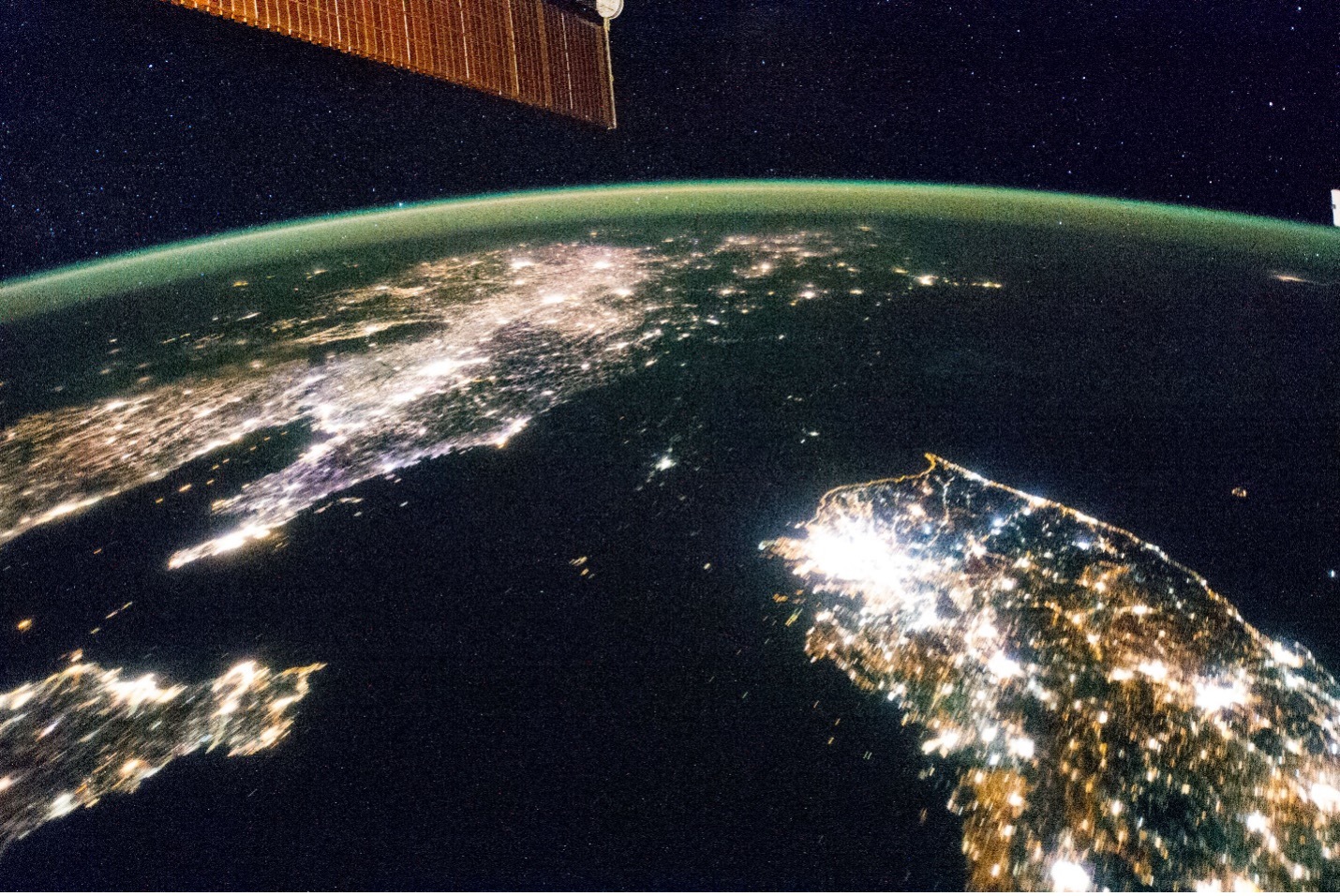The hotter it gets, the thicker the oxide layer form
This is accurate enough for tempering of most cutting tools, but technically, the oxide layer will continue to grow if you hold a lower temperature for a longer than normal time, and might not fully develop if you reach a higher temperature for a shorter than normal period of time.
This property useful if you are trying to develop a specific color rather than achieve a specific metallurgy. You can heat to a lower temperature for a longer time to develop a deeper, more consistent color.
In my experience, it’s easier to develop colors with an oven or propane torch rather than a forge or acetylene.





My first thought (which probably isn’t the best method, but I’ve done similar before) is an Arduino between the mouse and the system. The Arduino normally just passes the mouse commands to the system, but it listens for the button and blocks movement if it sees the button press.
Because it’s all done in hardware, this method would be system-agnostic. You could plug it into anything.
I used a Teensy 3.6 for a similar project.